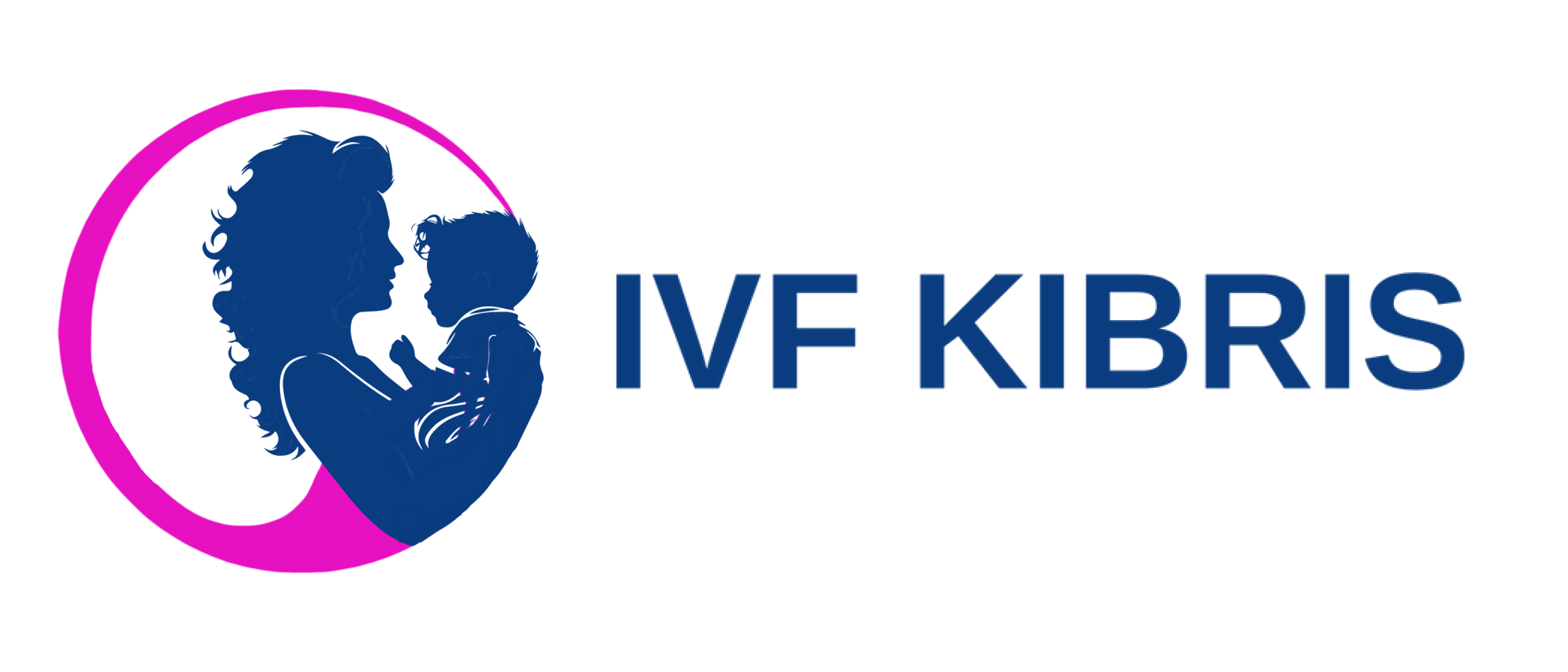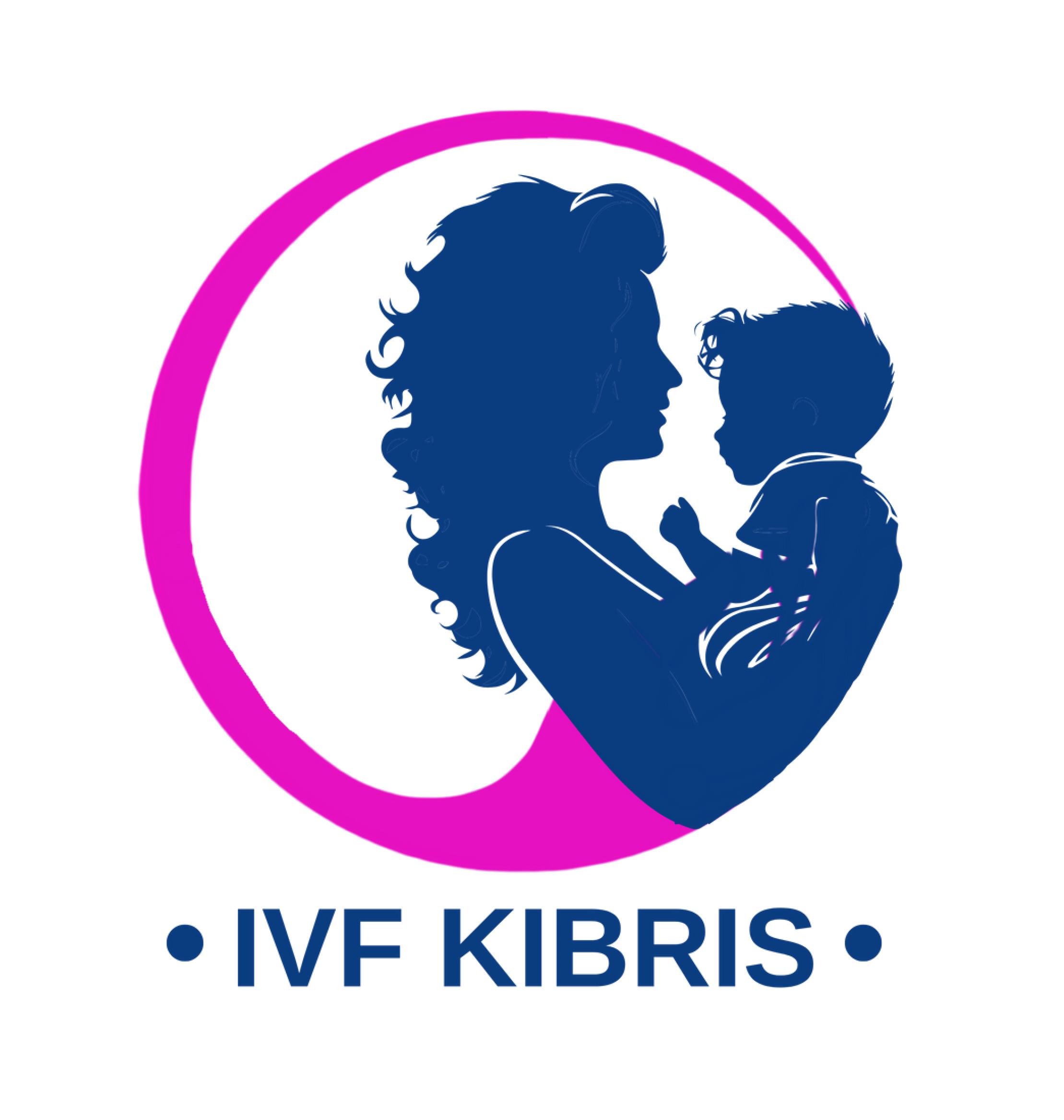Embryo
Donation
Embryo donation is an assisted reproductive treatment designed for couples or individuals who wish to have children. In this method, healthy egg and sperm cells from donors are combined to create an embryo, which is then transferred to the recipient’s uterus. This option is ideal for individuals who lack their own genetic material or cannot achieve pregnancy naturally due to various reasons. Embryo donation requires comprehensive medical and psychological support and should be conducted by a specialized team.
When Is Embryo Donation Recommended?
Embryo donation is recommended for couples who do not have viable genetic material, meaning those who lack both sperm and egg cells. It is also an alternative for women experiencing early menopause, individuals who carry genetic disorders, or couples who have had repeated IVF failures. Additionally, it is commonly chosen by couples with a high risk of genetic abnormalities, as it increases the chances of a healthy pregnancy. A thorough medical assessment is conducted to determine the suitability of embryo donation for each patient.
Stages of Embryo Donation
Embryo donation follows a meticulously planned process that consists of several stages:
- Medical and Psychological Assessment: The recipient undergoes a detailed medical and psychological evaluation to enhance the chances of success.
- Donor Selection: Suitable donors are carefully chosen based on their health history and genetic compatibility.
- Fertilization Process: The selected donor eggs and sperm are fertilized in a laboratory to create healthy embryos.
- Preparation of the Uterus: The recipient’s uterus is prepared with hormone therapy to ensure optimal conditions for implantation.
- Embryo Transfer: The developed embryo is transferred to the recipient’s uterus, marking the beginning of the pregnancy process.
How Are Donors Selected in Embryo Donation?
Donor selection is a critical step in embryo donation. All donors undergo comprehensive medical screenings and genetic testing to ensure they are in optimal health. The selection process considers the recipient couple’s physical characteristics, blood type compatibility, and genetic background to ensure the best match. Privacy and confidentiality are strictly maintained, and the chosen donor is selected based on the recipient’s expectations and medical needs.
When Does Embryo Transfer Take Place?
The embryo transfer occurs once the recipient’s uterus is optimally prepared through hormone therapy, creating the best environment for implantation. Typically, the transfer is planned a few days after the embryo has developed. The procedure is painless, minimally invasive, and performed on an outpatient basis. Following the transfer, rest and follow-up care are crucial to enhance the success of the pregnancy.
Who Can Benefit from Embryo Donation?
Embryo donation is ideal for:
- Individuals who cannot produce sperm or eggs
- Women experiencing early menopause
- Couples facing repeated IVF failures
- Individuals with a high genetic disease risk
A fertility specialist assesses the recipient’s condition to determine the eligibility for embryo donation.
What Happens to Donated Embryos?
Donated embryos are stored under strict medical and ethical regulations until they are transferred to a recipient. They undergo comprehensive health screenings and are carefully preserved to maintain their viability.
How Are Embryos Screened for Genetic Diseases?
Embryos are subjected to advanced genetic testing to eliminate the risk of genetic disorders. Techniques such as Preimplantation Genetic Testing (PGT) are used to analyze the embryos’ genetic structure, ensuring only the healthiest embryos are selected for transfer.
How Are Recipients Evaluated?
Recipients undergo medical, psychological, and social assessments before proceeding with embryo donation. This includes:
- Medical Evaluation: Examining overall health, uterine structure, and pregnancy suitability
- Psychological Readiness: Ensuring the recipient is emotionally prepared for the process
A specialized medical team carefully evaluates each case to provide a personalized treatment plan.
What Is the Purpose of Embryo Donation?
The primary goals of embryo donation include:
- Providing individuals the opportunity to experience parenthood
- Preventing the transmission of genetic diseases
- Supporting the birth of healthy future generations
Embryo donation not only enables individuals to have children but also contributes to societal health and well-being.
What Should Patients Consider During Embryo Donation?
Patients undergoing embryo donation should:
- Follow all medical instructions carefully
- Maintain a healthy lifestyle to support implantation
- Attend regular check-ups
- Avoid stress and heavy physical activity post-transfer
What Are the Advantages of Embryo Donation?
Embryo donation offers several benefits:
✔ Reduces genetic disease risk
✔ High success rates
✔ Provides the experience of biological parenthood
✔ A medically safe and effective treatment option
Are There Any Risks in Embryo Donation?
Like any medical procedure, embryo donation carries some risks. However, with experienced specialists and advanced technology, these risks are minimized. Careful monitoring and professional medical planning enhance the safety of the procedure.
Precautions After Embryo Transfer
After embryo transfer, recipients should:
- Rest adequately
- Follow the doctor’s advice
- Avoid heavy exercise and stress
- Maintain a balanced diet and stay hydrated
Why Choose Cyprus for Embryo Donation?
Cyprus is a globally recognized destination for embryo donation due to its:
✔ State-of-the-art medical facilities
✔ High success rates
✔ Affordable treatment costs
✔ Well-regulated legal framework
✔ Expert fertility specialists
What Is the Success Rate of Embryo Donation?
Embryo donation is one of the most successful assisted reproductive treatments. Due to the use of high-quality embryos and advanced medical technology, success rates range between 70% and 80%.

